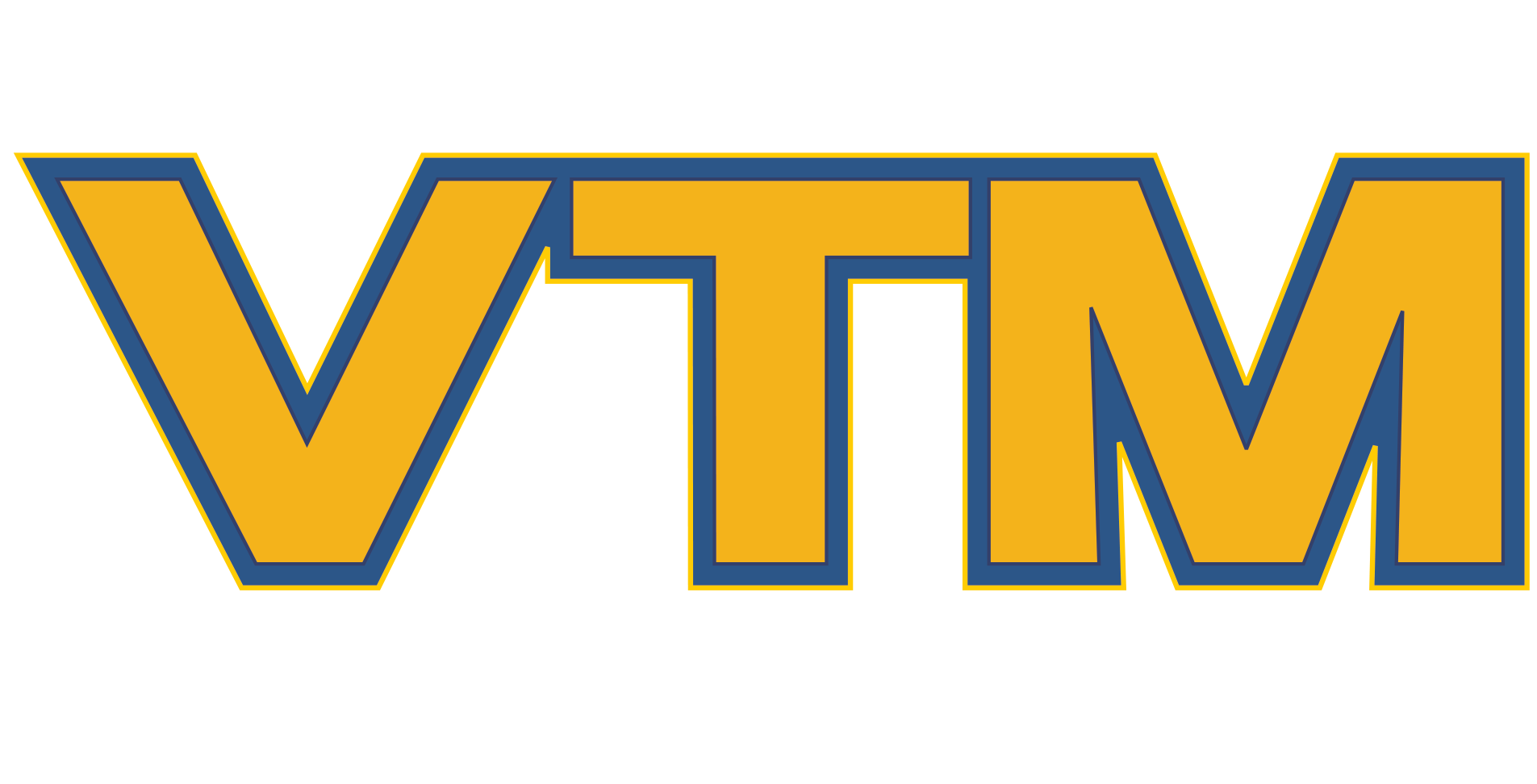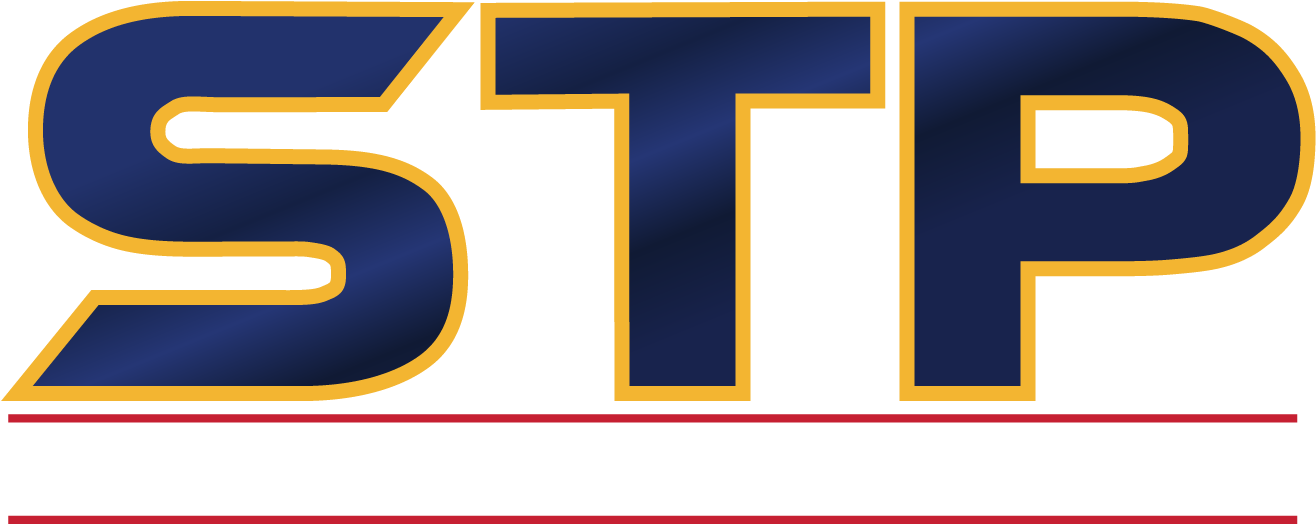Filter Projects
- Clear Filter
- Clear Filter
- Clear Filter
Project Results
Luna Innovations Incorporated
Fiber Optic Pressure Sensing for Military Aircraft (MIL-Aero) Environments
Luna Innovations Incorporated
Naval Depot Modernization and Sustainment
Luna Innovations Incorporated
In Situ Marine-Grade Aluminum Alloy Characterization for Sensitization Resistance and Stress Corrosion Cracking Prediction
Luna Innovations Incorporated
Enhancing Seated Aircrew Endurance
Luna Innovations Incorporated
Strength Loss Indicator for Webbing
Luna Innovations Incorporated
Lithium Battery Early Warning Fault Indication System
Luna Innovations Incorporated
Real-Time, Effective Measurement of Dehydration Levels in Naval Aircrew
Luna Innovations Incorporated
Processes for Condition Monitoring and Prognostics at the Sensor Node
Luna Innovations Incorporated
Single Vacuum Bag Process for Rapid, On-Site Repair of Composites
Luna Innovations Incorporated
Durable Sol-Gel Surface Treatment to Control Cathodic Current Density
Luna Innovations Incorporated
Rapid Fluorescent Assays for Coliforms in Shipboard Wastewater

